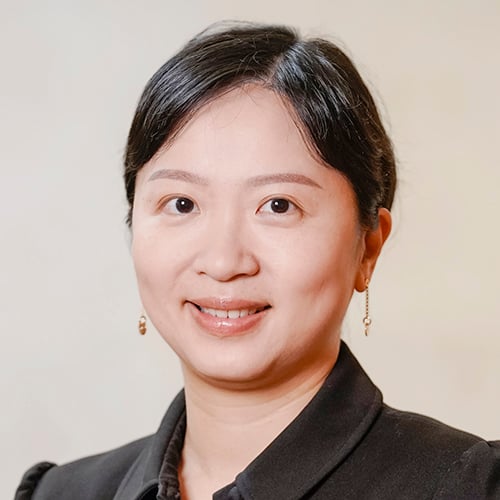The dispute within the German government about whether Huawei should be allowed to participate in building the country’s 5G network is the latest sign of Angela Merkel’s waning authority - and that China needs to prepare for a more difficult relationship once she departs office.
Merkel has built up a friendly relationship with China since becoming Chancellor in 2005, and her latest trip to China in September was her twelveth.
Merkel has already announced that she will not stand as Chancellor in the next election scheduled for late 2021. But the end may come sooner. Merkel’s CDU (and sister party CSU from Bavaria) is in a grand coalition with the Social Democrats (SPD), but a series of disputes have analysts predicting that the SPD will pull out at some point, probably triggering new elections.
Merkel is now facing open challenges from within her own party. Her chosen successor Annegret Kramp-Karrenbauer, who is CDU Chairwoman, appears to be struggling in a high-profile leadership position. And last week she made waves by questioning whether Huawei should in fact be excluded from 5G - taking a position directly opposite to that of Merkel.
Merkel will also not be pleased by the call by the head of the Junge Union (the young CDU), Tilman Kuban, who is pushing for some clarity on who the next set of CDU leaders will be.
Certainly, the Merkel position on Huawei is getting strong pushback from German think tanks and from parts of the media, including the influential mass circulation newspaper Bild, which traditionally supports US foreign policy.
In a recent article, Bild noted that Kramp-Karrenbauer has clearly distanced herself from the Chancellor on Huawei, and accused Merkel of cosying up to China.
According to Bild, under pressure from the Chancellor's Office, Huawei has not been explicitly excluded from the 5G network expansion - contrary to the advice of the Federal Office for the Protection of the Constitution and the foreign intelligence service (Bundesnachrichtendienst). Foreign Minister Heiko Maas, from Merke’s coalition partner the SPD, has also expressed his doubts about involving Huawei in German 5G.
Supporting Merkel are the Federal Ministry for Economic Affairs and Energy, led by Peter Altmaier, and the Interior Ministry led by Horst Seehofer.
With Merkel slowly on the way out, and her authority diminished, it is French President Emmanuel Macron who appears to want to step forward as the de facto leader of Europe.
Macron was the guest of President Xi Jinping at the opening ceremony of the second China International Import Expo on November 5 in Shanghai. And on the following day, Xi held talks with Macron in Beijing.
At the Great Hall of the People, Macron and Xi also attended the signing ceremony marking the end of negotiations on an agreement betwen China and the EU on so-called Geographical Indications (GI), which protect brand names for products such as wines, agri-food products and spirits.
The EU list of GI to be protected in China includes products such as Cava, Champagne, Feta, Irish whisky, Münchener Bier, Ouzo, Polska Wódka, Porto, Prosciutto di Parma and Queso Manchego. Among the Chinese products, the list includes for example Pixian Dou Ban (Pixian Bean Paste), Anji Bai Cha (Anji White Tea), Panjin Da Mi (Panjin rice) and Anqiu Da Jiang (Anqiu Ginger).
The agreement was signed by Agriculture and Rural Development Commissioner Phil Hogan and Minister Zhong Shan on the End of the Negotiations of an Agreement between the EU and the Government of the People's Republic of China on Cooperation on, and Protection of, Geographical Indications.
At the signing ceremony Macron stood in front of the EU flag, next to Xi with the PRC flag. This was unusual, since Macron has no formal EU role.
From the French point of view, holding the signing ceremony during Macron’s visit underscored the importance of the deal to the EU. And with Macron on his trip were not only Hogan, but also German Minister of Education and Research Anja Karliczek.
Thus, it could be viewed as France putting the multilateral interests of the EU first - though some in Brussels may view it as France asserting itself as the driving force in the EU.
But it now seems that China views Macron as the key player in the EU relationship, as they prepate for the eventual exit of Chancellor Merkel.









